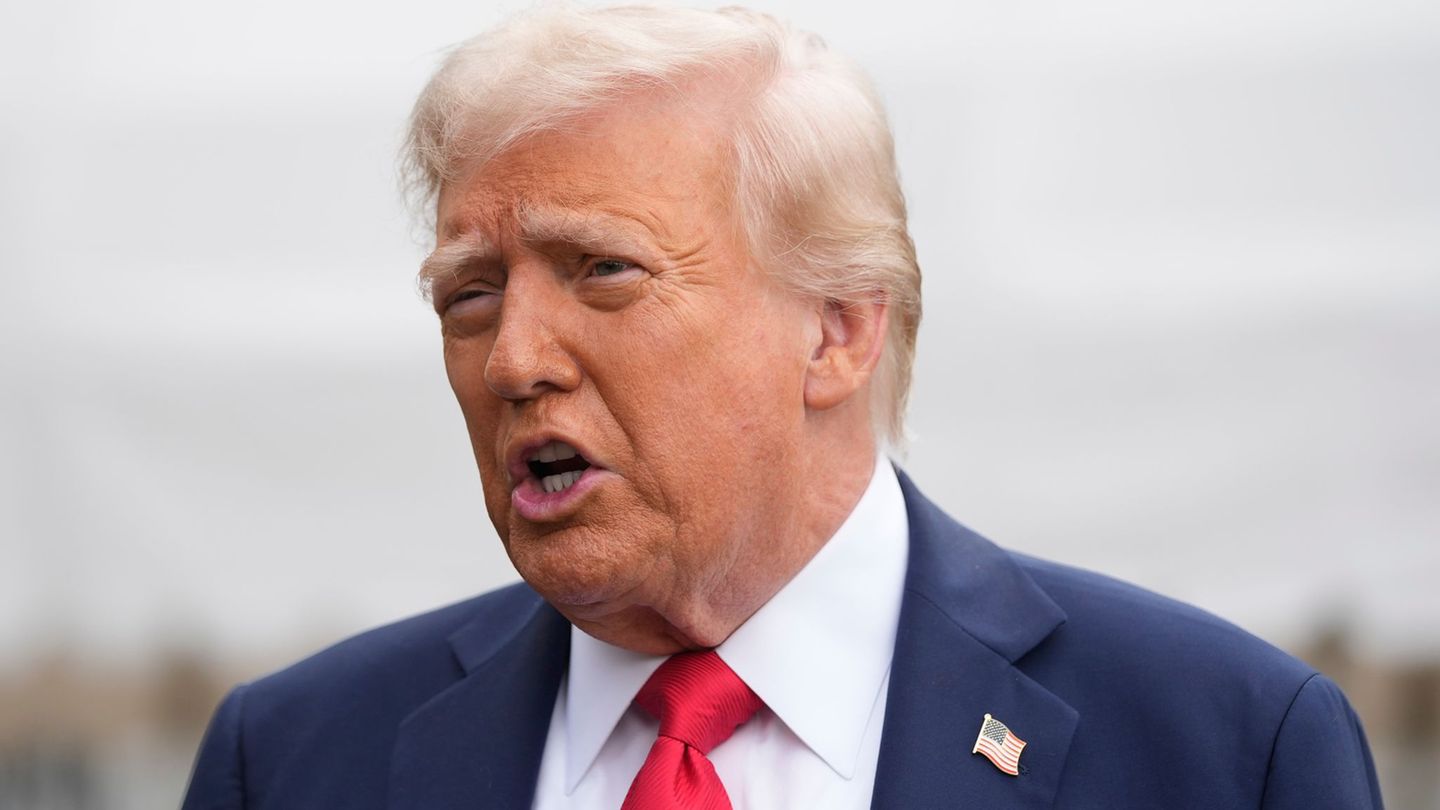The government of Alberto Fernandez in Argentina announced a new tax scheme for imports that enter the country, as part of their agenda to control the currency run of the dollarbut which coincides with a moment of strong malaise in Uruguay because of the impacts that Argentine fiscal and economic policies are having on Uruguayan exporters.
The Argentine Minister of Economy and presidential candidate for Peronism, Sergio Massareported on Sunday night a new tax package that taxes imports of goods at 7.5% (with some exceptions such as energy) and the same amount for freight, while the payment of services abroad will be covered by the COUNTRY tax which is 25%.
It should be noted that, in all cases, the new tax is not applied directly to the goods and services, but rather to the dollars that are acquired to cancel those products, since the objective of the modifications imposed by the Argentine government tends to control the increase in the exchange rate that yesterday, in the case of the Dolar bluereached its historical maximum when it was sold at 552 pesos per dollar.
In addition, the new taxes are applied to all payments that are to be made in the future, regardless of whether the import has been made or not.
Argentine measures that can generate more discomfort in Uruguay
Although it is the Argentine companies that are directly affected, the measures taken by Argentina They come at a time when the discontent between Uruguayan exporters and the national government itself over the barriers to imports in the neighboring country it is very high.
At the last summit of mercosurheld at the beginning of this month in the Argentine city of Iguazú, the president Luis Lacalle Pou and the chancellor Francisco Bustillo they openly claimed Argentina the end of the barriers to imports from Uruguay. According to data from the Executive, there are at least 600 import permits for Uruguayan goods pending authorization by the Argentine State.
“It is a fact of special concern that my country currently faces harsh restrictions on access to the Argentine market, taking into account the policies implemented regarding the approval of non-automatic import licenses. To date, there are more than 600 applications that are pending,” explained Foreign Minister Bustillo.
The theme of trade deficit with Mercosur partners is of special sensitivity for Lacalle Pou, who recalled that Uruguay it exports around 25% of its production to the bloc, while it receives more than 40% from imports.
In the specific case with Argentina in the first four months of the year, Uruguayan exports went from 221.5 million to 167.6 million dollars, so its participation as a destination fell from 6.2% to 5.3%. Through imports, the exchange percentage grew from 10.4% to 11.3% (from 408.4 million to 463.6 million dollars), thus increasing the red in the bilateral trade balance.
From the Union of Exporters of Uruguay (UEU)your president Facundo Marquezhad alerted, in dialogue with scope.comthe impact of the restrictions imposed on the Argentine market, even before the new taxes.
“Any product that you want to export to Argentina requires a license, which is totally discretionary, there is nothing institutional. The skinny man who is sitting in the Secretary of Commerce says this yes, this one no. That can take you a month, two months, three ”, he had pointed out in May when dismissing the benefits of a payment system in local currencies.
What do they say from Argentina about the impact on imports?
Esteban Marzorati, former Argentine director of Imports, explained to Ámbito from Argentina that “the impact it has is that it is pure cost.” When there is a devaluation you somehow discourage imports and your exports become more competitive. So, if you advance with a devaluation, in terms of foreign trade, you are trying to resolve or balance this matter of the trade balance and the great demand for foreign currency that you are having”, he affirmed.
However, Argentine importers consulted, although they admitted that their operations will become more expensive, do not plan to reduce their acquisitions for the moment because they will continue to resort to Single and Free Exchange Market (MULC)where the value of the dollar is the official value set by the Central Bank of the Argentine Republic (BCRA).
Source: Ambito




